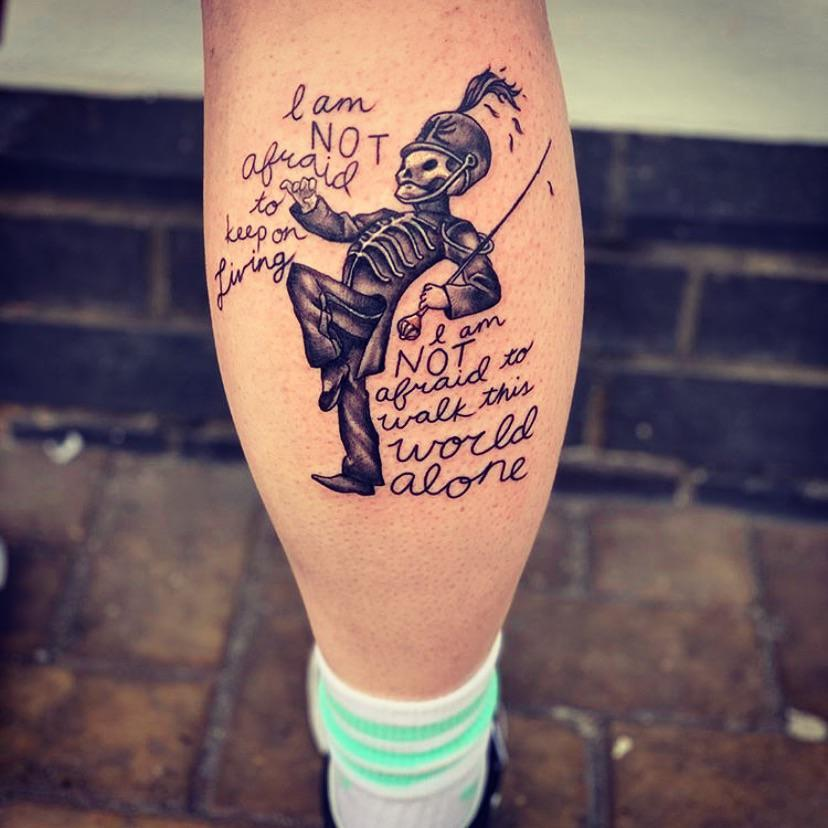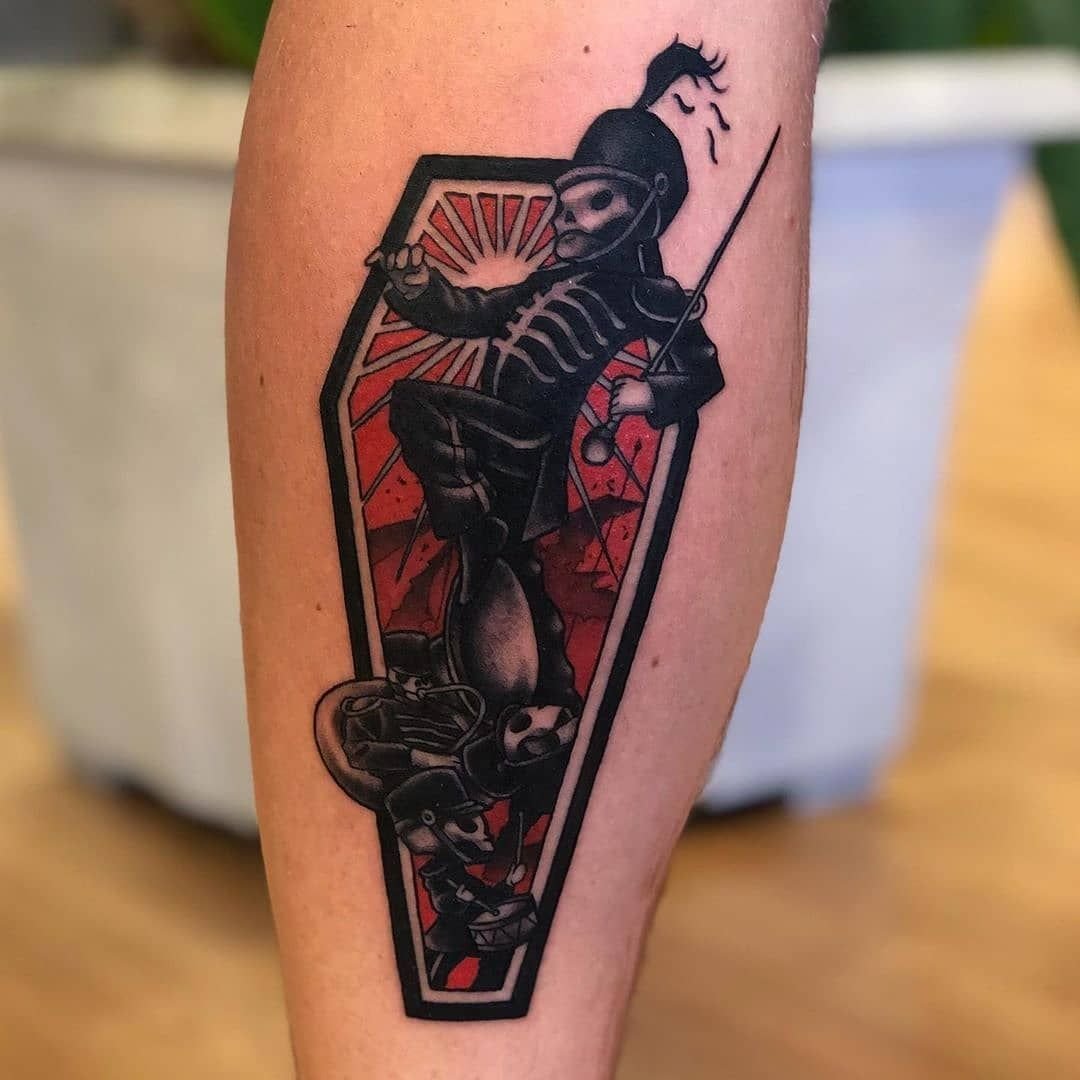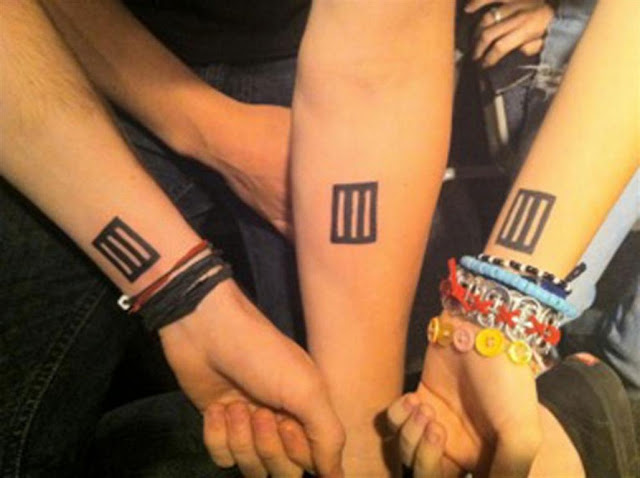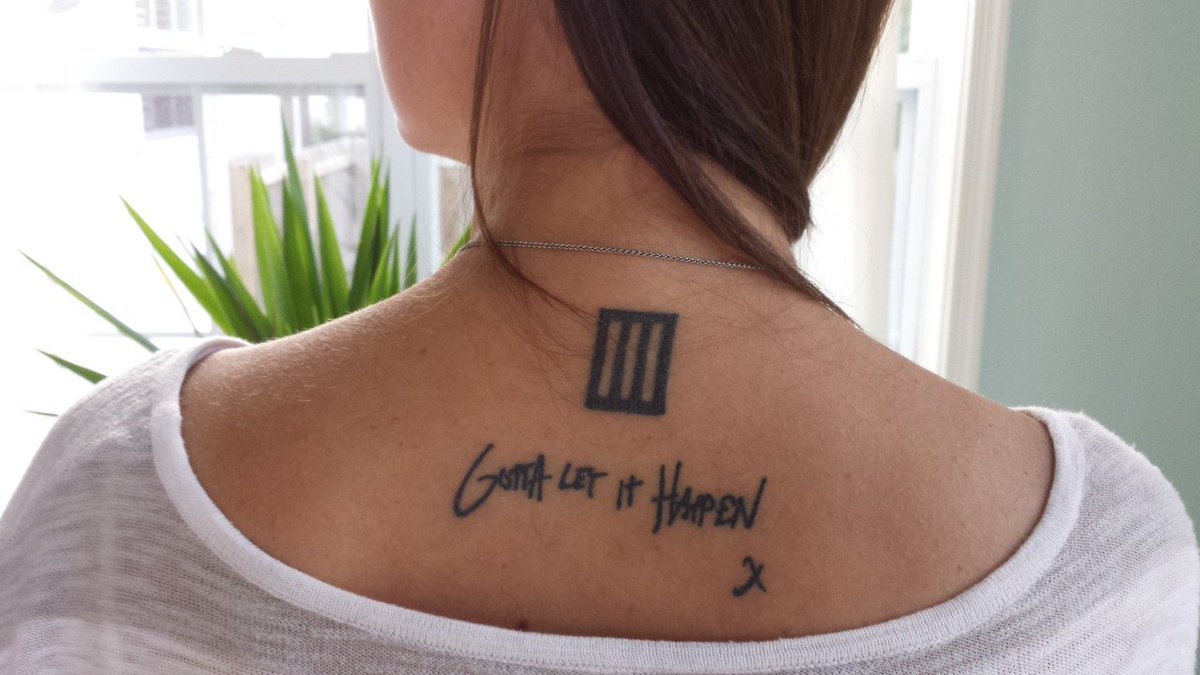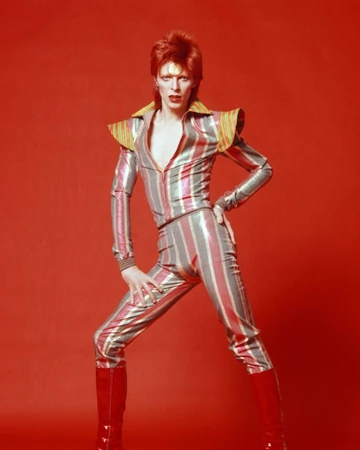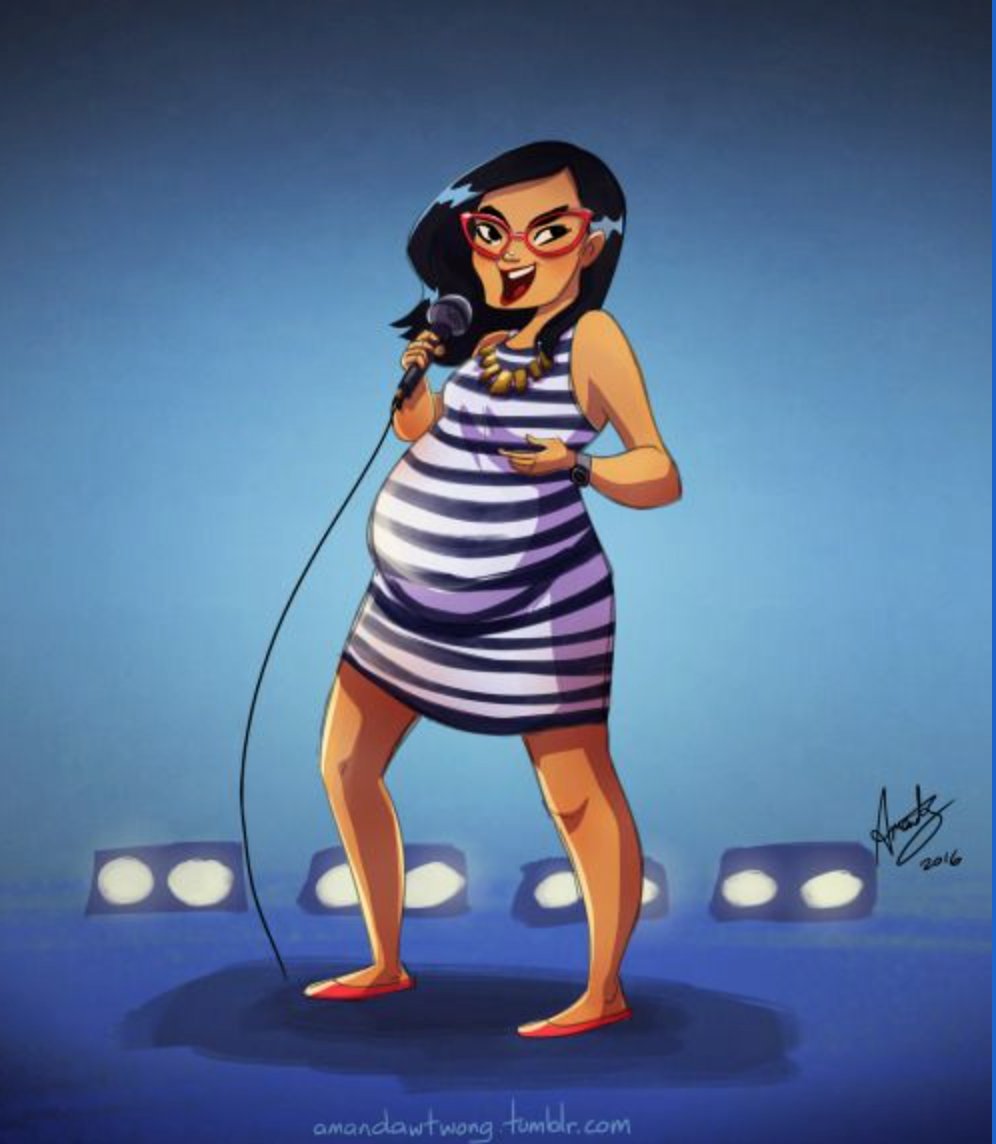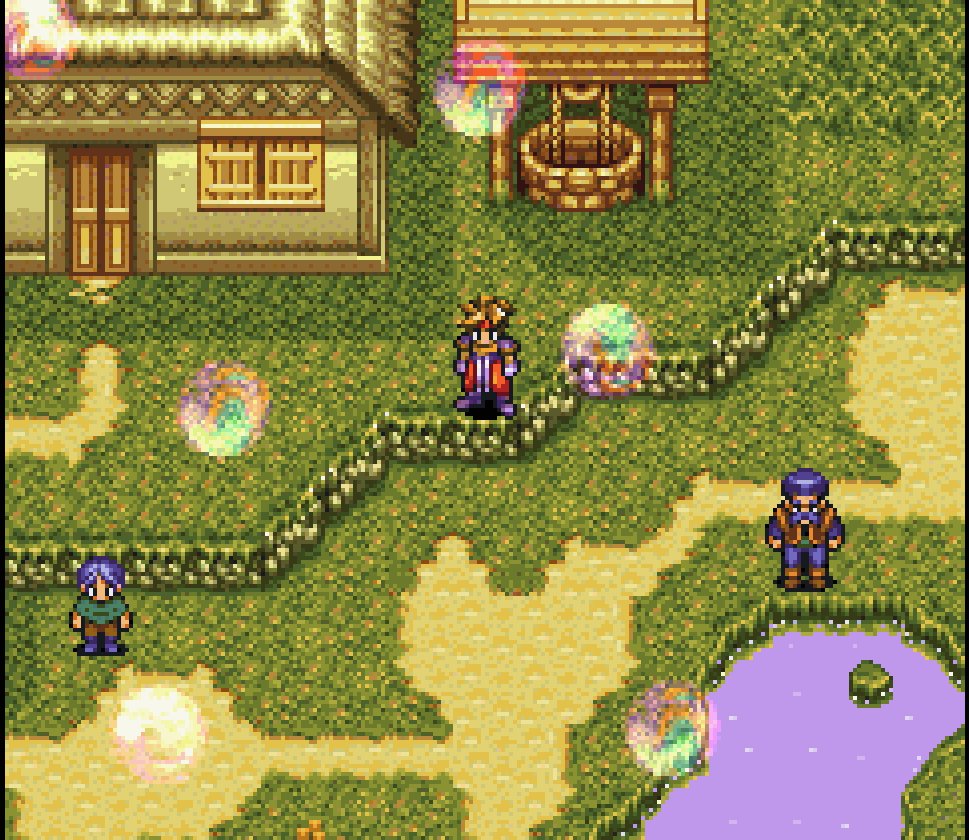
hosting a salon in just under 4 hrs re: reverse-engineering the careers of successful public intellectuals
I believe that there are patterns to be learned from, and if you're someone who's serious about achieving that sort of success I'd love to chat
I believe that there are patterns to be learned from, and if you're someone who's serious about achieving that sort of success I'd love to chat
https://twitter.com/interintellect_/status/1383366263833911300
the first major pushback that arises – within me as well – is, how do you measure success? is it just in terms of reach? having a large audience might seem impressive but it doesn't necessarily translate into impact. so you have to ask yourself what exactly you want to achieve
I think you can be a *very* successful public intellectual or creative with a relatively small audience, if the people you have a direct influence on go on to do great work, and/or interesting things
see: the partisan review's impact on NYC intellectuals
see: the partisan review's impact on NYC intellectuals
https://twitter.com/visakanv/status/1381269460460298240
“The first Velvet Underground album only sold 10,000 copies, but everyone who bought it formed a band.” – Brian Eno
This is one way you can succeed. There are many kinds of success, you get to define what you want en.wikipedia.org/wiki/The_Velve…
This is one way you can succeed. There are many kinds of success, you get to define what you want en.wikipedia.org/wiki/The_Velve…
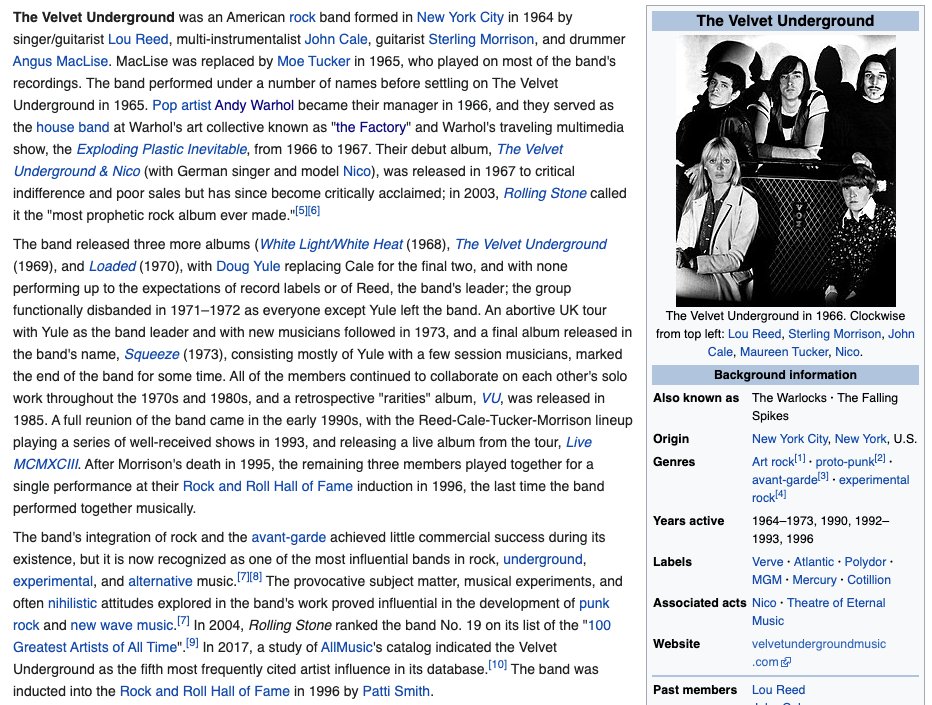
some recurring things I'm noticing about people that I think are admirable:
1. they have a large body of good work
2. they have relationships with interesting people, talk to lots of people
3. there's often some "breakout event" that catapults them into public attention
1. they have a large body of good work
2. they have relationships with interesting people, talk to lots of people
3. there's often some "breakout event" that catapults them into public attention
thing is, having a breakout event alone isn't enough if you have nothing good or useful to followup with. that's how you get "15 mins of fame" type folks.
once you get people's interest, you have to *continue* to captivate it, and these are two very different problems to solve
once you get people's interest, you have to *continue* to captivate it, and these are two very different problems to solve
I've noticed that sometimes people write off other people who seem to be courting publicity, with the assumption that courting publicity is something only attention-seeking simpletons do in pursuit of cheap status.
ironically this is itself an overly simplistic and narrow POV
ironically this is itself an overly simplistic and narrow POV
if you know what kind of attention you want, why you want it, what you intend to do with it – if you have clarity of vision – then seeking to build an audience can be very positive sum. there are things you can do with others that you can't do by yourself
https://twitter.com/visakanv/status/1269857628596785153
a mistake that beginners in this game recurringly make is, they hope that the audience will validate them and tell them what to do. if they're not careful, they end up allowing their behavior to be dictated by the noisiest elements in the audience
there are parallels here with making a product &listening to customer feedback. you want to have as thorough an understanding of your customers' problems as possible. but you shouldn't just mindlessly do everything your customers ask, bc they'll flood you with noise and ruin it
you can & should allow audience/user/customer feedback into the artist's workshop, at least some of the time, maybe even most of the time, bc some of it will be profoundly useful in ways you don't expect
BUT
you cannot outsource your taste. you cannot outsource your judgement.
BUT
you cannot outsource your taste. you cannot outsource your judgement.
(if you're curious, this is part of why I put a crown on my profile pic. it's not to elevate myself "above" others, but to remind myself of the inescapability of my own authority, authorship, to remind me to take responsibility for my actions and choices)
https://twitter.com/visakanv/status/1160746630838009856
the most heinous shit is done by people who are convinced that they are the victims in the story, they are the oppressed, even after they've accumulated power. and that therefore they are justified in lashing out, in. every egotistical dictator is an insecure baby.
i digress lol
i digress lol
anyway, circling back:
so there are two parts to the challenge, the "product" and "distribution". different people will have different tastes and preferences about how to allocate your attention and resources towards each part of the problem
so there are two parts to the challenge, the "product" and "distribution". different people will have different tastes and preferences about how to allocate your attention and resources towards each part of the problem
the "product" is your work itself – your tweets, your blogposts, your essays, your youtube videos, your book.
I generally advise against making overly large/complex/ornate products w/o doing any audience-building work, without (at least partially) solving for distribution
I generally advise against making overly large/complex/ornate products w/o doing any audience-building work, without (at least partially) solving for distribution
there are many reasons for this. how heartbreaking it must be to spend years writing a fantastic novel but nobody knows who you are and nobody is interested in what you have to say. how demoralizing and frustrating. you *have* to be in coffeeshops talking to other authors etc
I'd go further than that: it's v hard to make any kind of great work without riffing and parlaying with other creatives. the completely isolated genius. it's maybe possible in fields like math, or maybe music... but even einstein hung out with other nerds
https://twitter.com/visakanv/status/1263441103086170112
einstein btw is himself an interesting figure who was likely very good at playing the public/media game, which is part of why we talk about him so much. why don't we talk as much about Faraday, or Maxwell? I think it's partially because Einstein was better at PR 


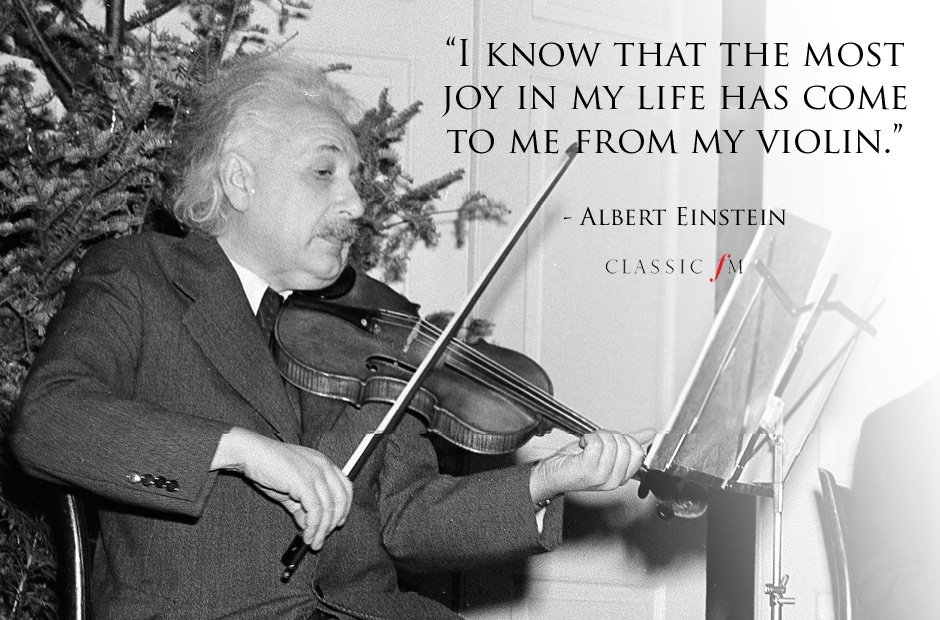
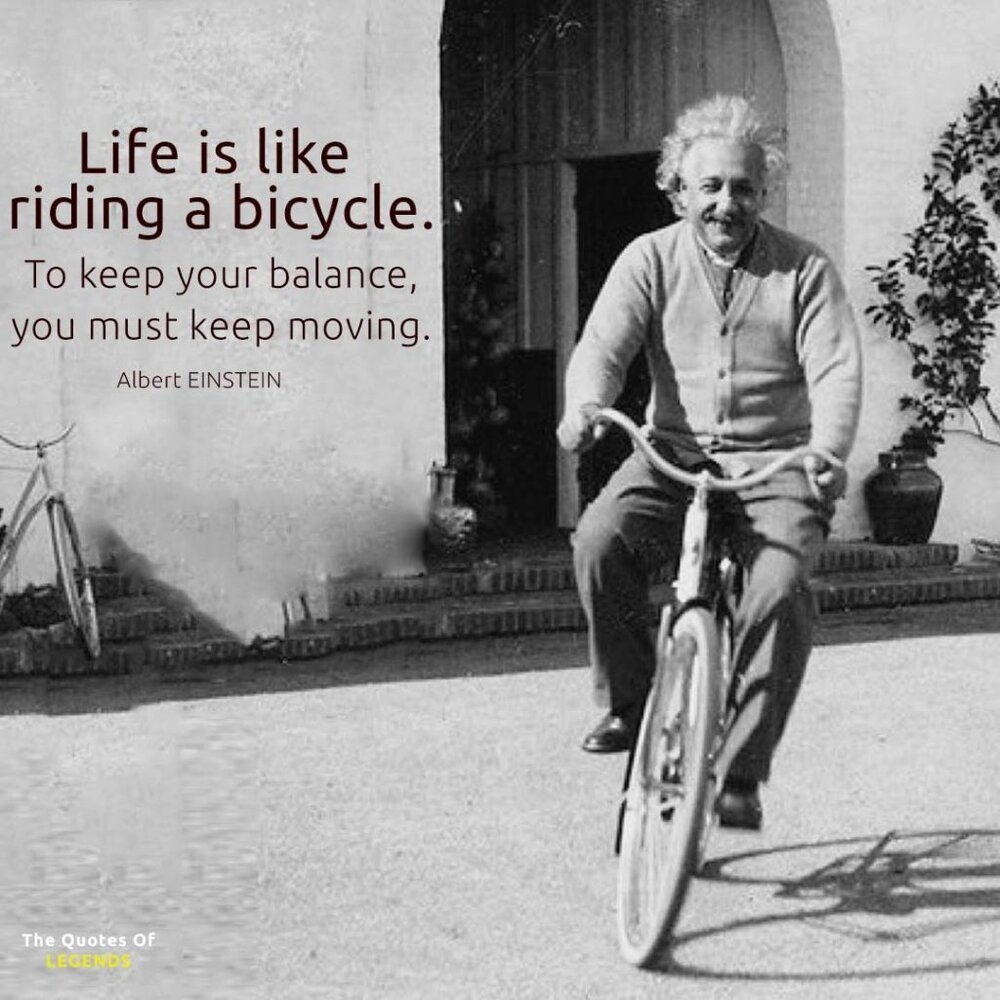
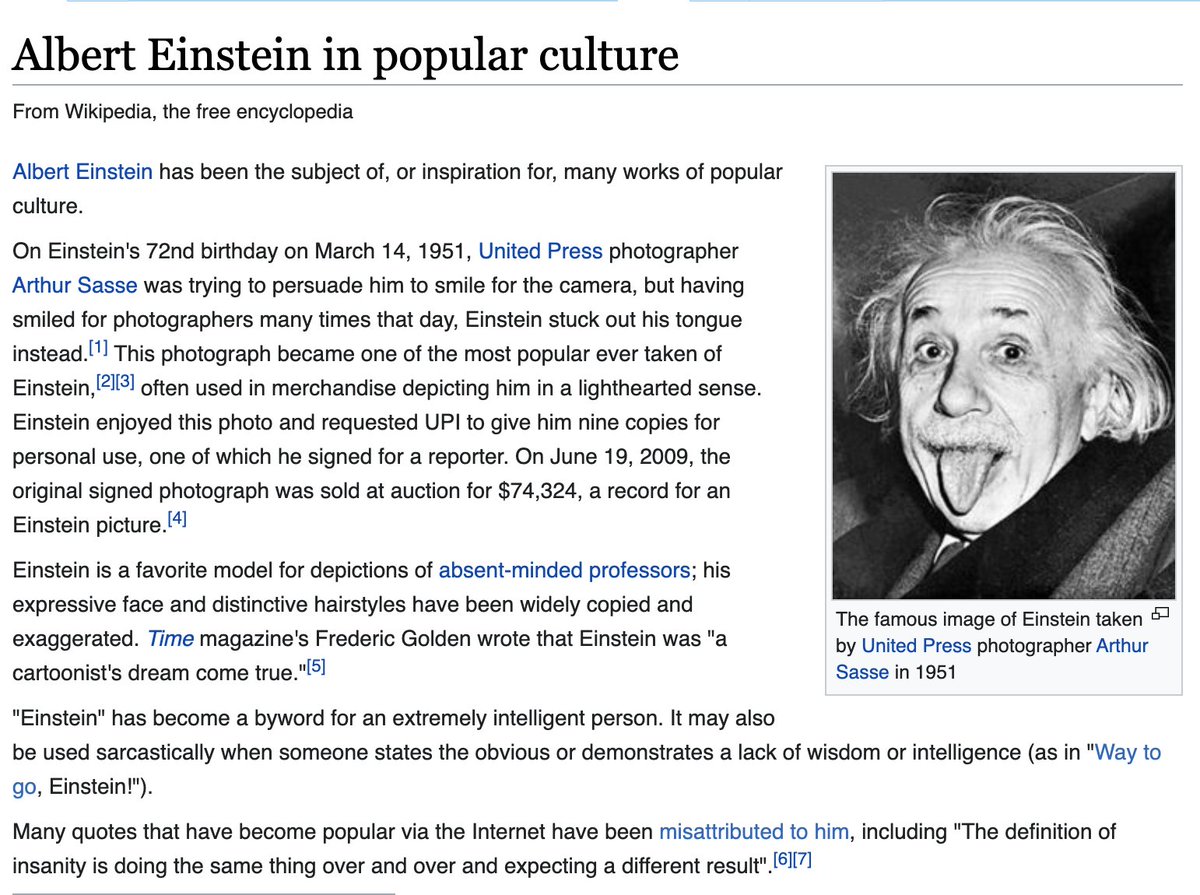
> Time magazine's Frederic Golden wrote that Einstein was "a cartoonist's dream come true."
here we get to iconography! the power of symbolism and imagery. you can deliberately play and experiment with this. there is a whole understudied art to this
here we get to iconography! the power of symbolism and imagery. you can deliberately play and experiment with this. there is a whole understudied art to this
https://twitter.com/visakanv/status/1237828301428645889
the thing I'm trying to say with all of this is that this stuff can be *studied* and it can be *understood* and it can be *deliberately influenced*. I can't guarantee that anybody will become The Next Big Thing but you can really improve your odds dramatically
if you do 100,000 tweets in isolation there's a possibility nobody will ever care
but if you do lots of replies to other people, there's a good chance you can build relationships, then you can build a network/graph of friends, then you can build an audience, then a scene
but if you do lots of replies to other people, there's a good chance you can build relationships, then you can build a network/graph of friends, then you can build an audience, then a scene
you don't necessarily need to be the smartest, the most competent, the most skilled and so on
you just need to be decent enough, and you can be the one that introduces everyone to everyone else, and there is great value in that
you just need to be decent enough, and you can be the one that introduces everyone to everyone else, and there is great value in that
https://twitter.com/visakanv/status/1364901884574584834
• • •
Missing some Tweet in this thread? You can try to
force a refresh


